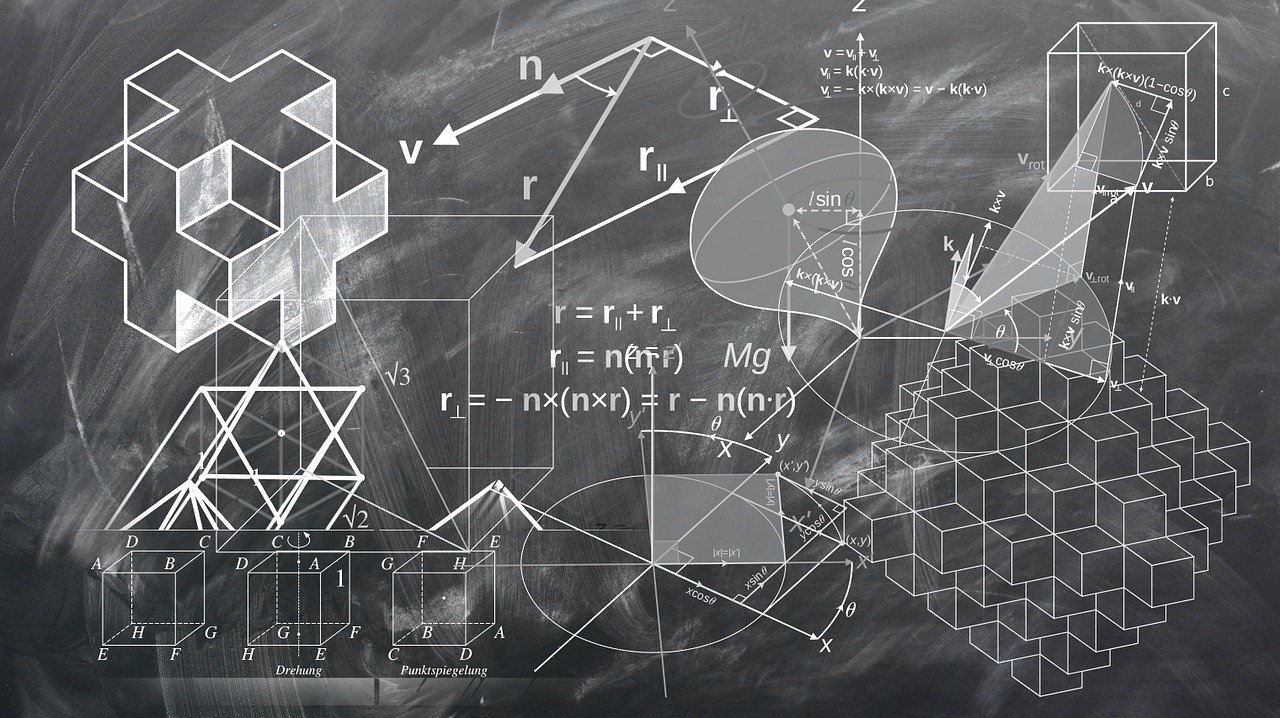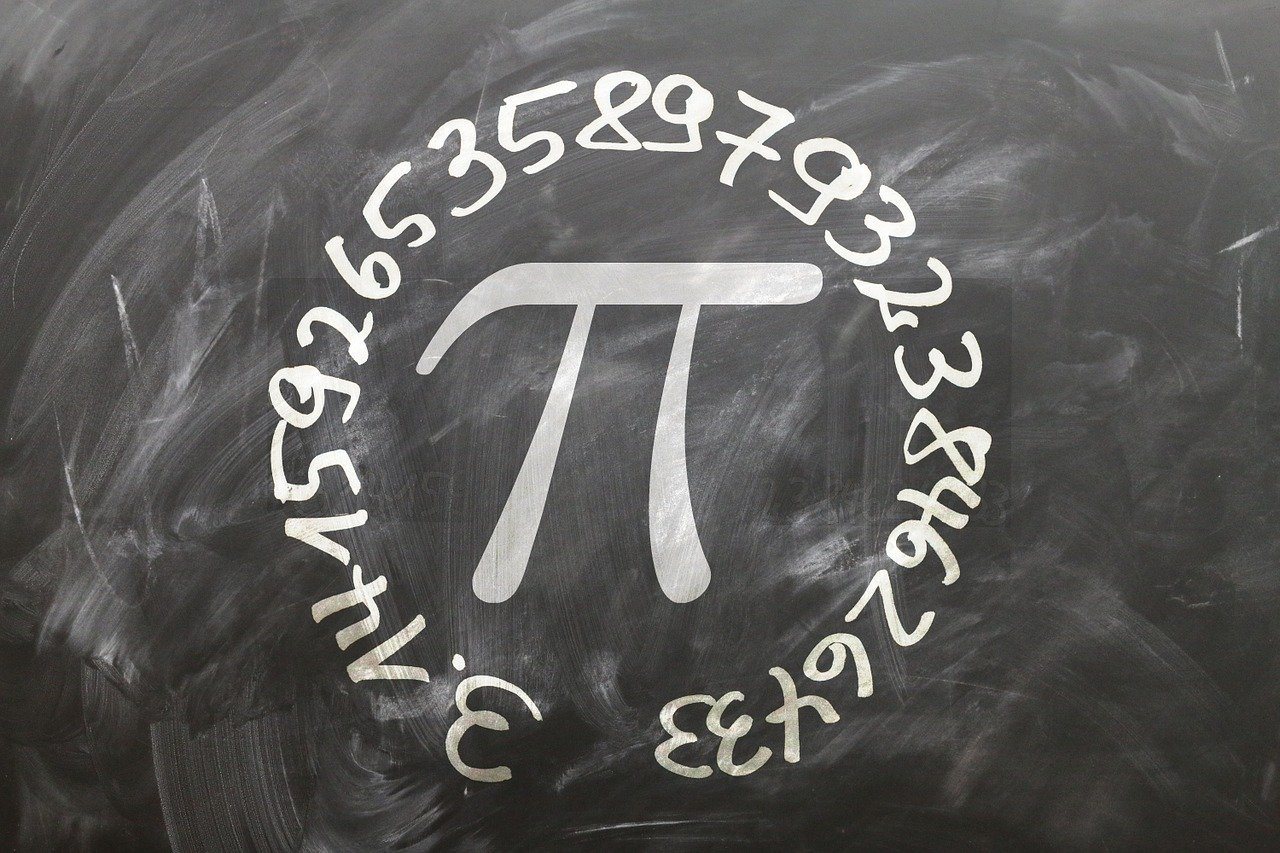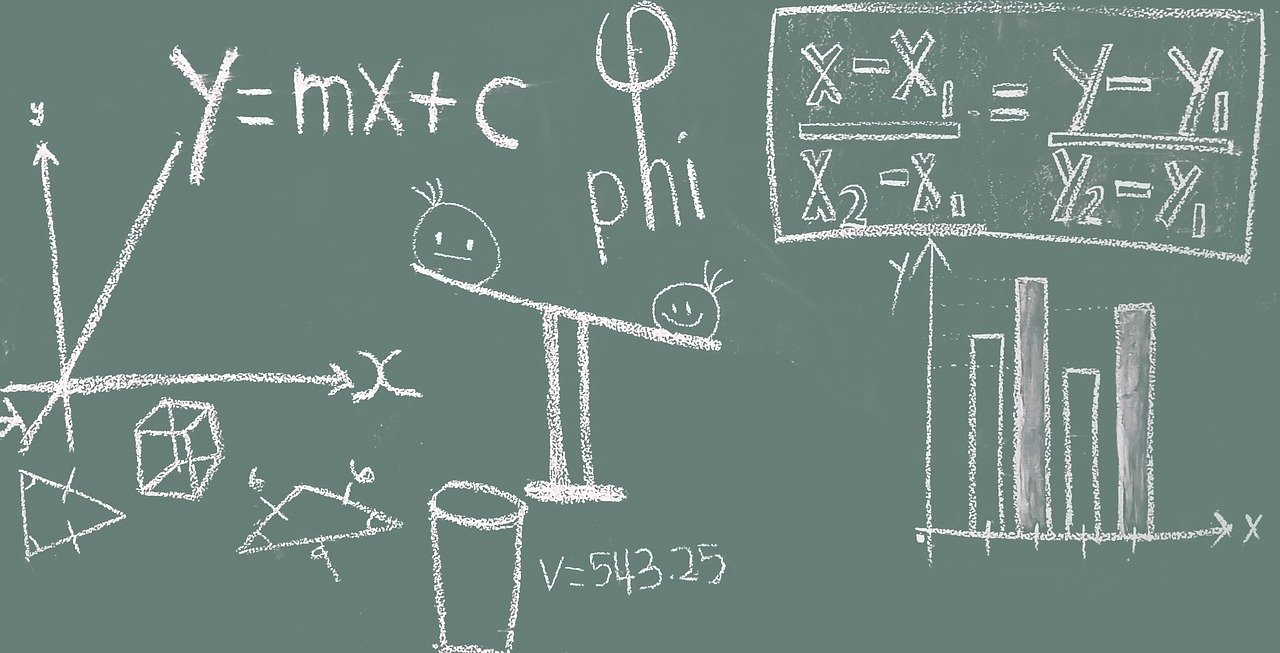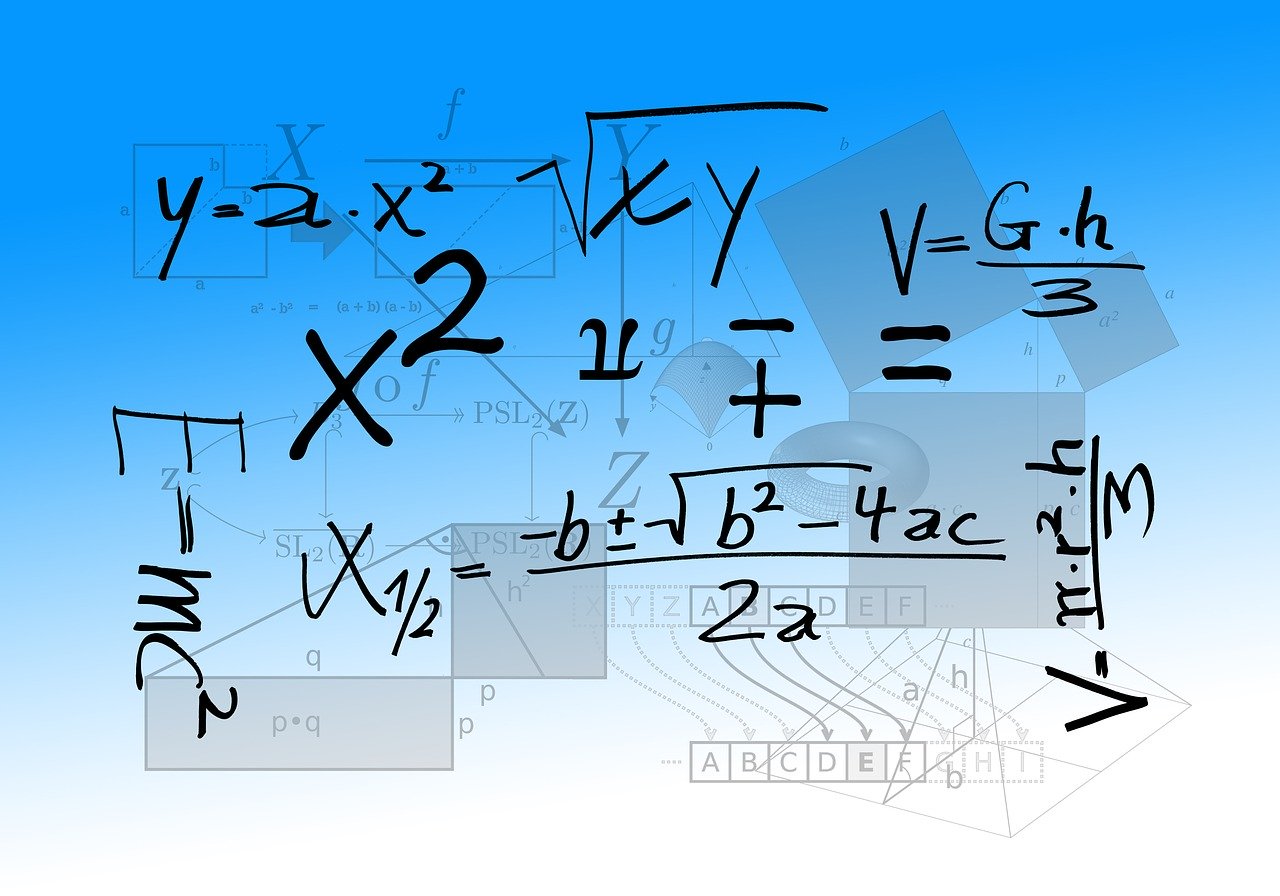Mathematics: Discovered or Invented?

The words Mathematics, discovered, and invented must all be defined before a meaningful answer can be made. To define, we must first identify examples and then refine those examples down to a definition that does not contain any words that are more difficult to define than the word we're trying to define.
Examples of Mathematics. The naming of quantities, e.g. one, two, three. Counting, i.e. one more than one is two. Operations that make counting more efficient, like addition, subtraction, multiplication, and division.
Definition of Mathematics: the process of naming quantities, establishing relationships between those named quantities, and increasing the efficiency of using those relationships.

Examples of discovery. A island can be discovered, it existed long before the discoverer laid eyes on it for the first time. Concepts can be discovered, we tend to discover algebra in late elementary school. A mousetrap design can be discovered, while the same design can also have one or more inventors.
Definition of discovery: a new awareness of a physical or conceptual arrangement that is novel to the observer.
Examples of invent. A mousetrap is invented. I invented blanket stitch at age seven, despite the stitch having existed long before I was born. Languages can be invented.
Definition of invent: to make new arrangements from existing physical or conceptual arrangements that have already been discovered.
Do you think mathematics was discovered or invented?
I conclude that Mathematics is a combination of invention and discovery, but overwhelmingly an invention.
The particular naming of a quantity is an invention. Quantity is discovered, but the means of conceptualizing quantity is an invention, like any language. It doesn't matter that an invention is not universally unique, i.e. there can be more than two inventors of a concept, even if the realization of the first inventor precedes the second. It is sufficient that the second inventor had no knowledge of the first.

The establishment of the relationship between named quantities is a discovery, but it is a singular discovery that then extends from one quantity to the next without bound. Although central to mathematics, it is still a single realization.
Finally, and I believe this is the crux of the confusion, we come to the invention of methods that make the navigation of the relationships between quantities more efficient. The problem lies in the language that surrounds a child (or an adult) "discovering" addition (or any Mathematical method) for the first time, regardless of whether the child invented the method or observed it on a chalkboard.

Eratosthenes didn't "discover" a method for calculating prime numbers. He invented it. The definition of a prime number is itself the "discovery" of a pattern that rests on the invention of "multiplication." The waters are muddied when we use phrases like "discovered the pattern," while forgetting that those patterns only resolve into our awareness when we first "invent" methods for making another operation more efficient, i.e. prime numbers could not be grasped before the invention of multiplication, because they only make sense in the context of multiplication
Congratulations @reza-shamim! You have completed the following achievement on the Hive blockchain and have been rewarded with new badge(s) :
You can view your badges on your board and compare yourself to others in the Ranking
If you no longer want to receive notifications, reply to this comment with the word
STOPDo not miss the last post from @hivebuzz: